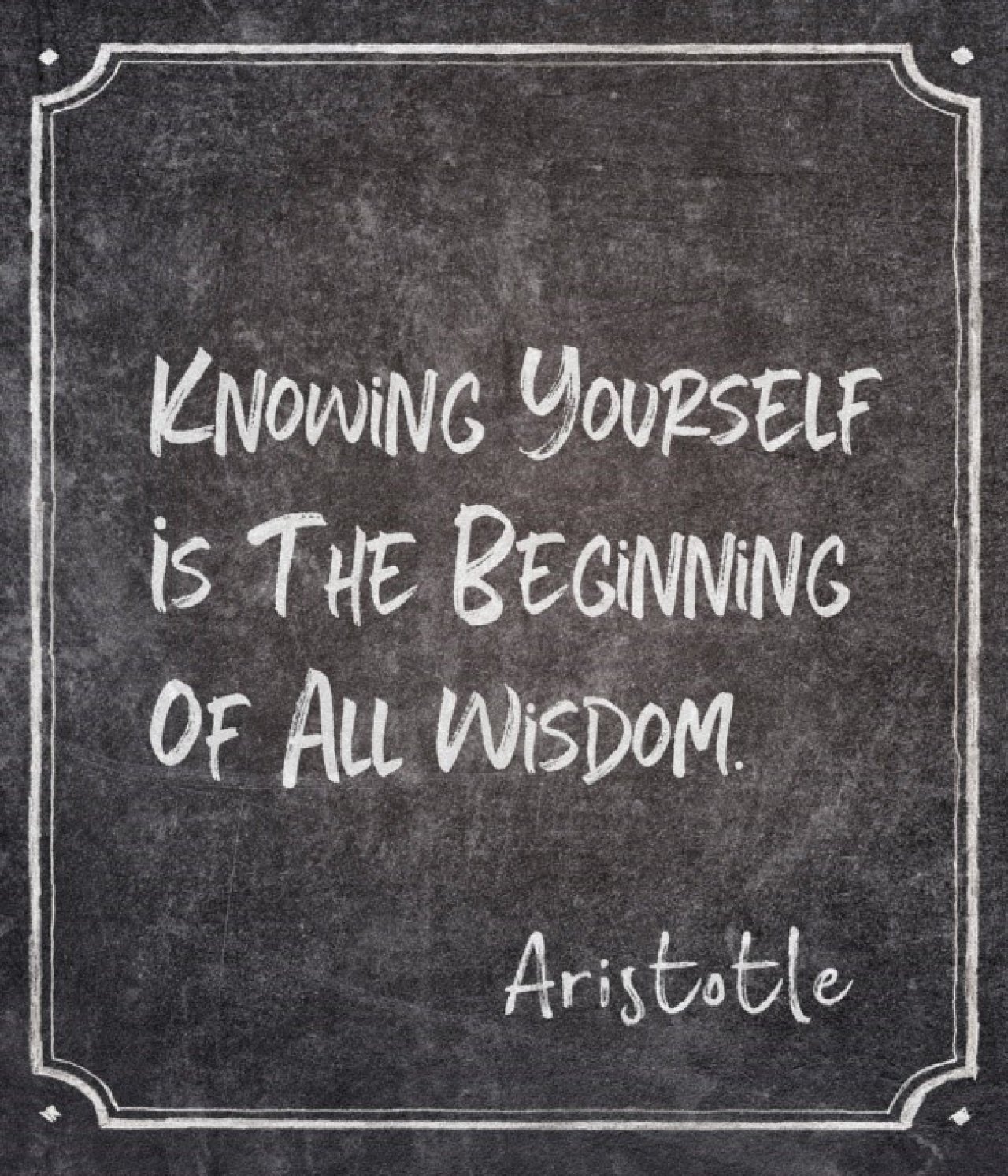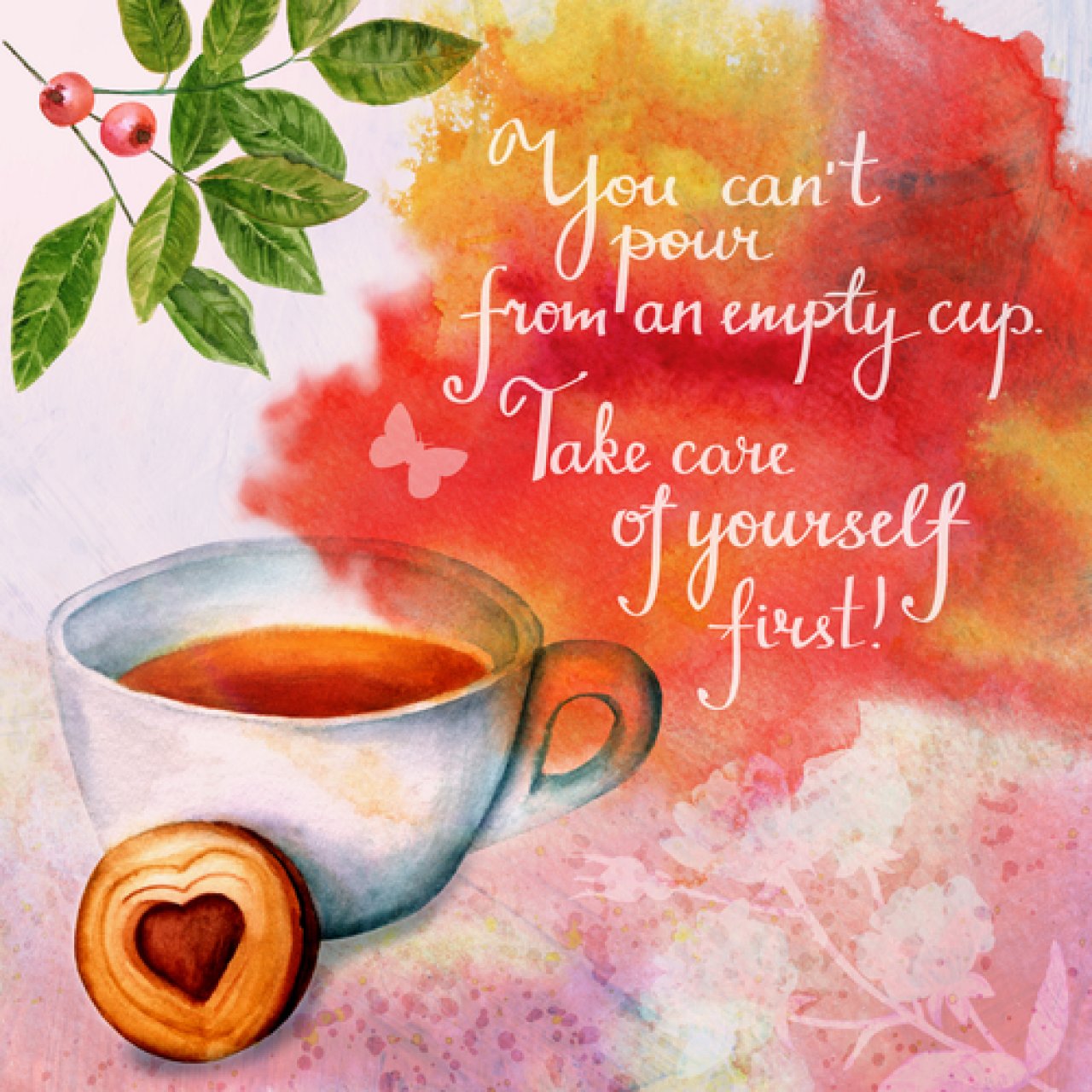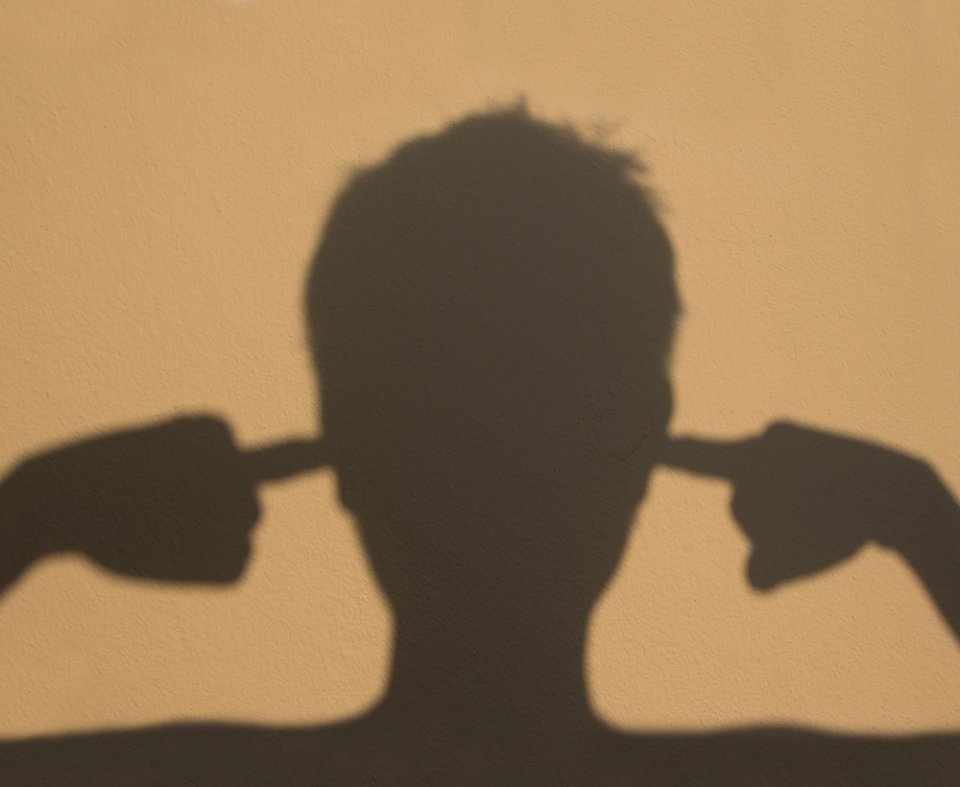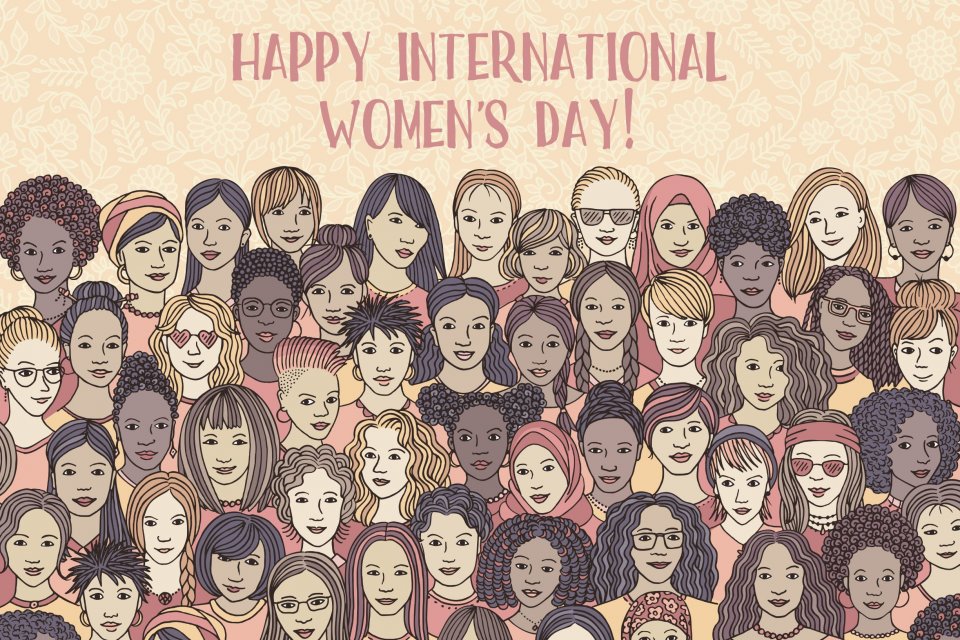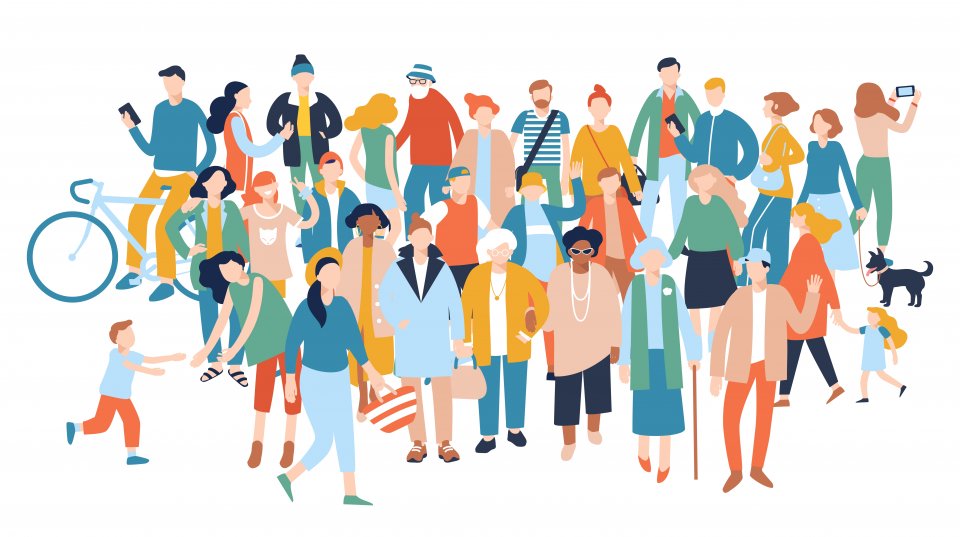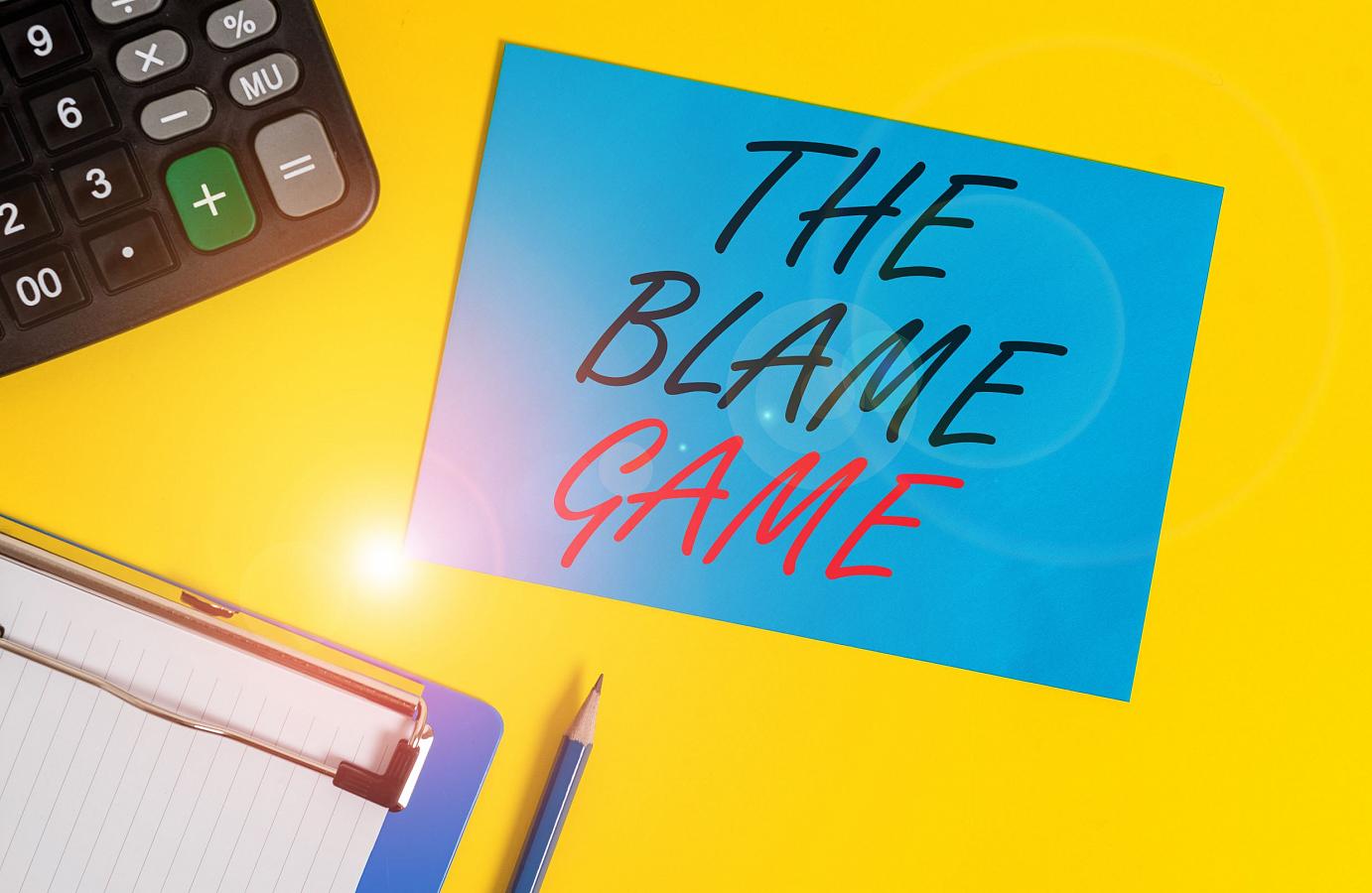
Finding Our Way To A Different Normal
No one is coming to save you! Your life is 100% your responsibility!
One of the things I have found fascinating about COVID-19 is the constant and predictable cycles of the “blame game”, as people and leaders seek who to blame for the virus becoming a pandemic, lack of medical equipment especially PPE, increasing unemployment, difficult economic conditions, race riots and everything else that has happened in the disruptive, challenging year that 2020 has become! At an individual level, we could choose to focus on what we can do to contribute to finding solutions, demonstrate compassion, appreciate others, express gratitude daily and reflect on what we can learn from the current pandemic and preceding natural disasters. Then maybe, just maybe we are ready to re-frame our thoughts, our language and our behaviour to find a way to create a “new but different normal”.
Looking back to the past and attempting to utilise solutions from the past to new, different crises will not work. We will simply create a dying future before it is even here!
There are many simple, effective ways to reframe our thoughts and behaviours as individuals, which include:
- Humour and laughter can dispel tense situations, bring people closer together and help address difficult situations. Humour enables co-operation and being open to new ideas and different ways of thinking.
- Curiosity is about being open to new experiences, being able to manage ambiguity and adapting to different circumstances. Curious people are receptive to different perspectives – something we need now!
- Gratitude is the quality of being thankful; readiness to show appreciation for and to return kindness. Research shows a reciprocal relationship between gratitude, subjective happiness and good social relationships. Grateful people appreciate life’s simple pleasures.

What can leaders do in the current environment? Reframing a crisis as an opportunity for learning and innovation by the leader, turns uncertainty into hope and possibility. Taking stress, anxiety and even anger and leveraging these emotions and behaviours into fire for change creates the opportunity for constructive resolution. No one wants to follow a pessimist, but neither do they want to follow a blind optimist either. Optimism without meaning or planned action may lead to disappointment and defeat. Meaning builds confidence, efficacy and endurance. Meaning helps everyone remember that difficult times and long hours of work serve a purpose. Think of all the healthcare workers focussing on their patients even at great risk to their own health.
In the current environment self-care is critical for survival, and it starts with leaders leading by example and exercising self-care. To stay calm and optimist in the current stressful environment, leaders need to practice being aware of the changing reality in the “outside world” and how they are responding emotionally and physically. Doing this enables leaders to see challenges as a learning opportunity for them and their teams, rather than obstacles.
There are many things leaders can do in the current disruptive environment, but I wish to focus on a few which I think are important and effective:
- Make a deliberate choice to be calm and to listen. Leaders can step back from high stress situations and choose how to respond, rather than reacting instinctively. Leaders’ emotions have a huge impact on their people – if the leader is impatient, fearful, dismissive or frustrated, people start to feel the same way. If a leader is calm, listens and gives them hope, the team solve problems more willingly and creatively.

Compare the differences between the behaviour of Jacinda Ardern, The Prime Minister of New Zealand, and Donald Trump, the President of the USA in recent crises. Ardern earned praise for leading her country’s response to the worst mass murder in modern history with deliberate calm and compassion, and again in the current COVID crisis, saying:” I refuse to believe that you cannot be both compassionate and strong.”
Trump reacts to crises including COVID with polarizing views, false promises, overly simplistic answers and completely ignoring advice from the experts. He has lost his ability to engage in meaningful dialogue, to continuously adapt, turn on his listening ears or look outside the square for innovative solutions.
- Practice reflection. This requires processing what has happened during the day, what moments were difficult, what worked, what did not work and your own reactions and emotions in relation to challenging situations. What are your blind spots? Ask a trusted colleague for feedback. What needs to change? Reflection needs to be a regular practice that becomes a good habit.
- Reframe your perspective. Keeping it real is not easy. Knowing it sucks is the first step; second, handling situations effectively and calmly. Try to redirect your thinking and that of those you lead, away from negative thoughts and to positive possibilities worth exploring. Some 50% of our thoughts gravitate to the negative, only 20% to positive thoughts and 30% are simply neutral. Make time to revisit decisions, developing a growth mindset and looking for ways to build a new path to a new, or perhaps we should call it, a different normal. Positivity puts the breaks on negativity. In a heartbeat, negativity can spike your blood pressure, positivity can calm it. Positivity works like a reset button.
As individuals and as leaders we can choose to:
“Work for a cause, not for applause,
Live life to express, not to impress,
Don’t strive to make your presence noticed,
Just make your absence felt.”
(Unknown)
@avrilhenry
